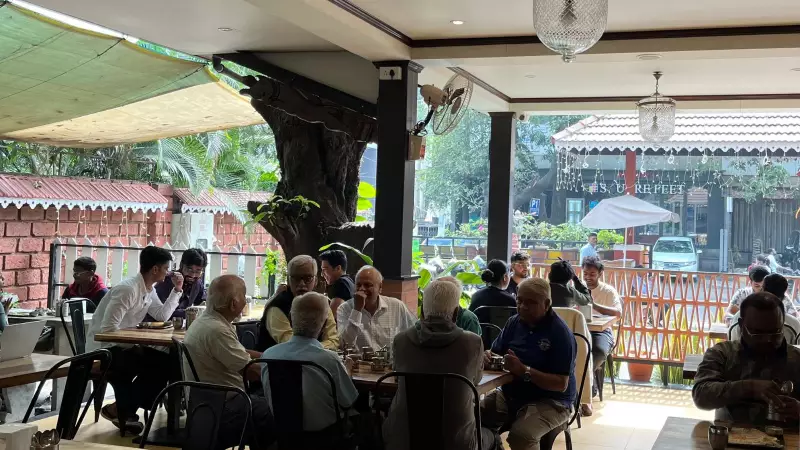
Have you ever noticed how men rarely miss their breakfast while women often skip the most important meal of the day? This common household pattern isn't just coincidence—it's rooted in a complex interplay of biology, psychology, and social conditioning.
The Biological Clock Difference
Research reveals that men's circadian rhythms naturally make them hungrier in the morning. Their metabolic rate peaks earlier in the day, creating a stronger biological drive for breakfast. Women, on the other hand, often experience different hormonal patterns that can suppress morning appetite.
The Psychology of Prioritization
Beyond biology lies a powerful psychological component. Studies show that women frequently sacrifice their own meals to ensure their family members are fed first. This self-sacrificing behavior becomes so ingrained that many women don't even recognize they're putting others' needs before their own.
The Social Conditioning Factor
From childhood, many Indian women are subtly conditioned to serve rather than be served. This learned behavior carries into adulthood, where the role of caregiver often overrides personal nutritional needs. Men, meanwhile, are typically encouraged to prioritize their own sustenance.
Health Implications You Can't Ignore
Regular breakfast consumption offers numerous health benefits:
- Better metabolic health and weight management
- Improved concentration and productivity
- Reduced risk of lifestyle diseases
- Stable energy levels throughout the day
The pattern is clear in many Indian households: while men enjoy their morning poha, upma, or paratha, women are often too busy packing lunchboxes, getting children ready, or managing household chores to sit down for a proper meal.
Changing the Narrative
Recognizing this imbalance is the first step toward change. Families are increasingly becoming aware of this disparity and working to ensure that women's nutritional needs receive equal priority. Simple adjustments like preparing breakfast together or establishing fixed meal times can make a significant difference.
This isn't just about food—it's about acknowledging and addressing deeply ingrained gender roles that affect health and wellbeing in Indian households.





